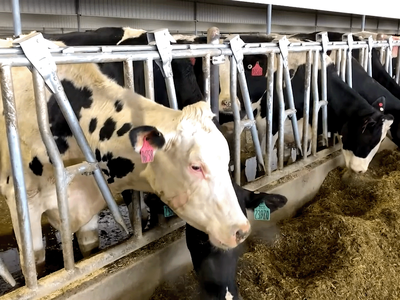Developing deeper roots
There is an old saying that involves somebody having deep roots. That can be good or bad. For example if someone has deep roots in the community, that means they have made lots of contributions over the years. Alternatively deep roots in crime could mean long time Mafioso. But deep roots in this story are all good. To the point, can we really clean up the air by digging deeper in the dirt? Hi, I'm David Sparks, and according to recent research, plants with deeper, bushier roots can lower atmospheric CO2 levels dramatically.An article from ScienceDaily in August suggested that breeding Crops With Deeper Roots Could 'Slash CO2 Levels'. It turns out that crops with roots around 3 feet or deeper in the ground could lower atmospheric CO2 levels dramatically. It is pretty obvious that there are significant environmental benefits, according to researchers in England. Writing in the Annals of Botany, Professor Douglas Kell argues that developing crops that produce roots more deeply in the ground could harvest more carbon from the air, and make crops more drought resistant, while dramatically reducing carbon levels. So think about this. More carbon sequestration, more drought resistance, and with much deeper roots, probably much greater yields. What is not to love? Oh. There’s only one speed bump. How in the world do you get everyday crops to increase their root depth and breadth significantly? Could this be a GMO challenge? We have recently discussed the company Cibus’ advanced non-transgenic breeding technology. Would that work? Agri-scientists… back to the drawing board.


















